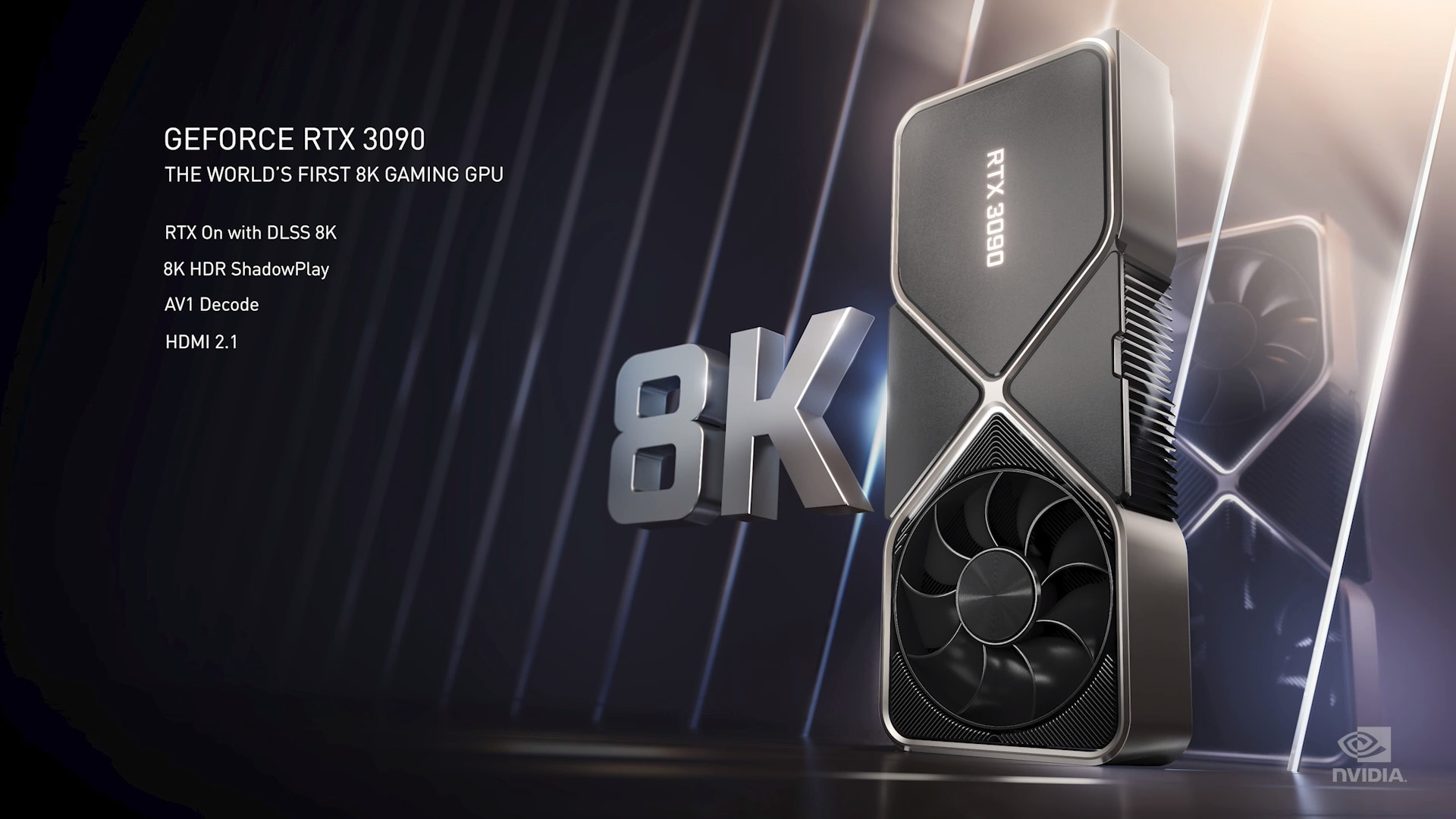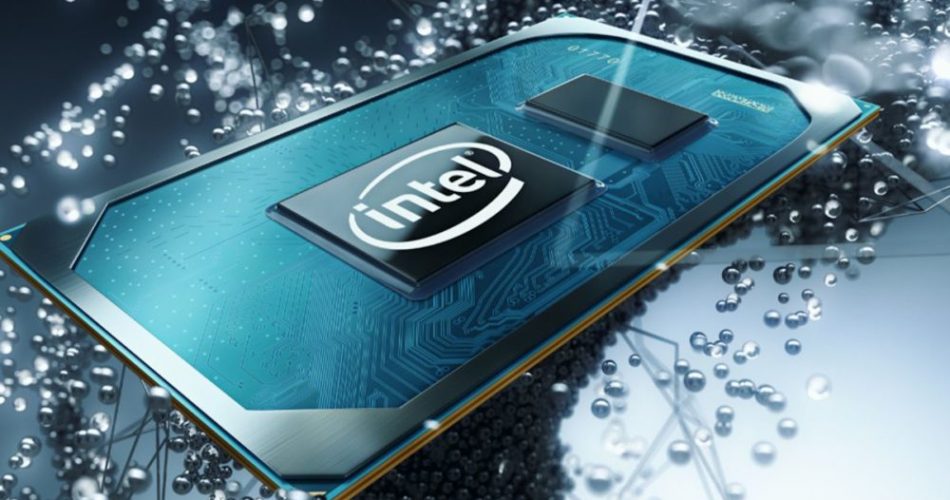The most anticipated things to come to gaming tech in 2021
Amidst the bleakness of 2020, gamers who were lucky enough were able to keep fighting and grinding to the beat of the year’s epic gaming tech.
If you were looking for a gaming laptop mid-2020, you were likely warned to hold off until NVIDIA’s new GeForce RTX 30 Series graphics cards came out. They offered far better value than many of the cards in the market at the time, but they also disappeared from shelves before we could blink. Direct competitor AMD also brought its end of the heat, stealing Intel’s spot on the throne for gaming processors.
It might seem tough for 2021’s tech to beat the sheer horsepower that 2020 brought, but if there’s one thing we know about technology: it’s unpredictable and ever-evolving at light speed. In today’s day and age especially, many argue that there’s no such thing as “future-proofing” your tech and your devices, with tech topping itself in a matter of months.
Here’s what to look forward to in 2021.
With the foundations lain, expect affordable GPUs
Nvidia’s RTX 30 Series and AMD’s RX 6800 both offer leaps and bounds in terms of performance, also leaving numerous options for cards that could easily display pristine 4K performance and the joys of ray tracing on our screens.

Nvidia’s Ampere and AMD’s RDNA 2 are two frameworks that are expected to bring significantly cheaper graphics cards to 2021. Speculations suggest that that new mid-range cards might come in the first few months of the year, with entry-level cards coming slightly after.
While it is unclear what exactly is on Nvidia’s slate, another RTX 3060 card beneath the RTX 3060Ti can be expected, along with a few cheaper options. AMD’s 6700-series may also drop some analogue units.
AMD has shown its keenness on maintaining RDNA options and making them available to entry-level options, like the RX 5500 4GB, for instance. PC Gamer’s Jacob Ridley shared his opinions in writing: “An RX 6500 or RX 6600 with a decent memory buffer sounds appealing enough with only a guess as to the final spec, although how AMD might scale down the Navi 21 GPU for use in cheaper cards could make for interesting reading in the new year.”
Sitting on Intel’s Alder Lake CPU

Alder Lake is of the two desktop processors that Intel promised for the year, which will likely be released at the end of the year. The other is Rocket Lake, which will come as a predecessor with a likely January release. With a higher likelihood of being able to cover both desktop and notebook markets, the Rocket Lake will be Intel’s first 10nm desktop CPU, although AMD will prove a tough competitor.
It will also see high-end cores by Intel being paired with low-end cores. Expect to experience higher frequencies and single-threaded gaming from its Golden Cove cores. There will also be Gracemont cores, working in unison to create larger multithreading potential. Intel’s top Alder Lake chip is expected to deliver a 16-core CPU, with eight Golden Cove cores and eight Gracemont cores.
Still hot, and for good reason: Augmented Reality (AR) and Virtual Reality (VR)
2020 was a year that bolstered VR & AR, with the global market size for it in 2020 being a gargantuan sum of USD$12 billion. It’s no surprise, especially given the escapism that the year required. The release of the Oculus Quest 2 with impressive refresh rates during the pandemic gave gamers something to tide through the quarantine with. This year, you can await further enhancements in AR/VR tech and some optimised games to boot.

The dominance of video conferencing in the professional world is also likely to stick around for time to come, and AR/VR is predicted to help give the process a more human element. Because of quarantine reasons, many have not so much as even met their family members for months, or even a full year now. AR and VR technologies will provide large value in that aspect, getting us as close as we can to being in each others’ rooms.
And if you haven’t yet heard of XR, or Extended Reality, a merger of AR and VR, 2021 might just be the year that the world catches on. XR sales have been predicted to rise more than six-fold leading up to 2025. However, it is uncertain if the same will pan out for VR gaming.
Facebook also has some alien AR Ray-Bans coming in 2021. While those don’t yet have a display feature, the company said it was developing a research prototype. Termed Project Aria, the prototype will test display-ready AR glasses. In fact, if everything has gone as planned, Project Aria should already be in testing with Facebook’s employees.
While these aren’t the first glasses in the market, it will be interesting to watch what Facebook has on offer to compete with other mega brands with smart glasses — it’s definitely tough competition. We’re even looking at Google and Apple, who may have a better public reputation than Facebook.
Join the conversations on THG’s Facebook and Instagram, and get the latest updates via Telegram.














